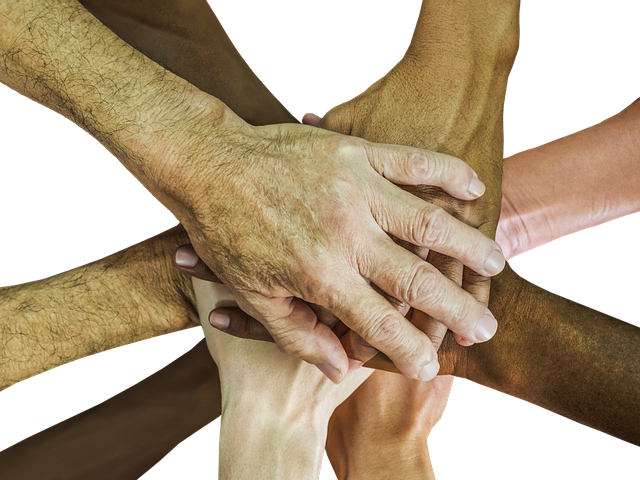This post was written by our Co-Founder JuIiet Eccleston
As you may have realised, I’m passionate about turning recruitment and talent management into processes where the playing field is level for everyone. However, currently, this isn’t the case. Last week, the Guardian released the results of a landmark study, ‘Bias in Britain.’ The report has identified examples of how racial bias is prevalent in numerous areas of our society and I recommend everyone take a look at it. For this blog though, I will be focusing on just the areas revolving around the workplace, hiring processes, and most importantly, what we can do about it.
More likely to be overlooked
The survey, which interviewed a sample of 1,000 minority ethnic people aged 18 or over in Great Britain, found they were consistently more likely to have faced negative everyday experiences than white people surveyed in a comparison poll. While the study revealed some rather shocking trends outside of employment, including the widespread assumption that minorities are not British on the basis of ethnicity, and the fact that they are far more likely to be perceived as a shoplifter, this was also felt in the workplace.
For example, the study suggested 43% of those from minority ethnic backgrounds felt they had been overlooked for a work promotion in a way that felt unfair in the last five years – more than double the 18% of white people who reported the same experience. Other troubling stats show that 57% of minorities said they felt they had to work harder to succeed because of their ethnicity, and 40% said they earned less or had worse employment prospects for the same reason.
Interestingly, 50% of respondents stated that they believed people didn’t realise they were treating them differently because of their ethnicity, suggesting unconscious bias to be a major influence on the way minorities are treated.
Unconscious bias
Unconscious bias has, in my mind, long played a role in the fact that despite equalities being enshrined in law, minorities are still disadvantaged. The term unconscious bias was popularised after US social psychologists devised a way of measuring the prejudices that we aren’t aware of – the Implicit Association Test. They published a paper in 1998 claiming that their tool for measuring “the unconscious roots of prejudice” showed that 90-95% of people were susceptible. There is overwhelming wider evidence that unconscious bias seeps into decisions that affect recruitment.
Solutions?
While the government recently published a race disparity audit that identified differences in living standards, housing, work, policing and Theresa May pledged to ‘confront these issues’, there is a long way to go.
There are, however, many easily implementable ways that hiring processes can become more equitable and I’ve advocated a number of these in one of my recent blogs, such as blind CVs, gamification, and gender neutral language. All these methods can be used to help remove some of the layers of unconscious bias that influence our hiring processes and hamper diversity efforts.
Here at AnyGood? we believe our platform could be instrumental in removing unconscious bias from hiring and I have talked at length about how the platform and crowdsourcing talent can do this. The power of reputation used in the technology of companies such as Airbnb and Uber have been shown to offset the negative effect of social prejudices. This can be reproduced through AnyGood? for the recruitment industry.
Just as Airbnb relies on recommendations and holds individuals accountable for their reputations, so does AnyGood? Our platform consists of a diverse set of professionals, known for their expertise, who recommend candidates from their own personal networks for job roles, and are rated by clients on the quality of these recommendations. Simply put, offering good candidates earns trust. From this trust, more diverse workforces can be built through members using their reputation to give candidates from underrepresented groups a better chance of a bias-free hiring process.
Interested in joining the community at AnyGood? Sign up today


Recent Comments